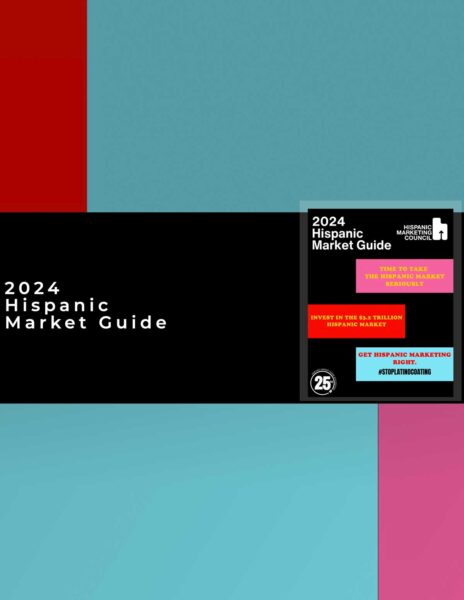LABOR-BASED FEES REMAIN DOMINANT FORM OF AGENCY COMPENSATION [REPORT]
December 14, 2022

Labor-based fees remain the most dominant form of ad agency compensation, but marketers are using fixed, or output-based fees with increasing frequency, according to a new ANA study.
The report, Trends in Agency Compensation, is the 18th edition of the research. It revealed that 82 percent of survey respondents indicated they now use fee-based compensation models compared to 68 percent in 2016, the last time a full survey was conducted. (Note: a separate study was conducted in 2019, but only covered media agencies).
The trend was particularly prevalent among large advertisers. Among those, 53 percent of marketers spending $500 million or more per year now employ fixed or output-based fees, up from only five percent in 2016. Smaller advertisers are much more likely to use labor-based fee compensation agreements (76 percent).
In a fixed, output-based fee compensation method, the fee is negotiated for a specific project or set of deliverables without regard to the agency labor time involved.
“One likely reason for a switch from labor-based to fixed or output-based fees relates to greater administrative efficiency,” the report stated. “Because the fees are based on outputs, there is no review or haggling over agency labor time. A second reason is more philosophic and may relate to marketers who want to compensate the agency for what they produce, not the time it takes to produce it.”
The survey also revealed that the use of performance incentives as a complement to fees is under scrutiny more than ever, as most marketers said they “don’t know” whether performance compensation is improving their agency’s performance. Use of performance incentives dropped to 41 percent in the new report, down from 48 percent in 2016 and 61 percent in 2013.
ADDITIONAL FINDINGS:
- Fee-based methods of compensation continue to dominate, with 82 percent of the respondents reporting the use of a fee compensation method in at least one of their agency agreements.
- Agency performance reviews continue to be the most used incentive criterion for advertisers. Brand awareness and sales goals are the next most used metrics, which indicates that, despite all the available performance data, marketers still struggle to attribute more specific results to an individual agency partner, consistent with the continued challenges with attribution along the consumer path to purchase.
- Despite the great majority of respondents (85 percent) indicating they are either “very satisfied” or “somewhat satisfied” with their current compensation approach, 51 percent nonetheless said they are planning to change their compensation agreements with full-service agencies. The report speculated that this contradiction could simply be due to changing business conditions and/or agency resource needs, or it could mean that “somewhat satisfied” actually means “not satisfied enough.”
- Marketers with smaller budgets are more likely to change compensation models. Of the respondents saying they were “very likely” to change their compensation approach with at least one of their marketing communications agencies, 80 percent were marketers with budgets less than $500 million.
To download report, CLICK HERE.































